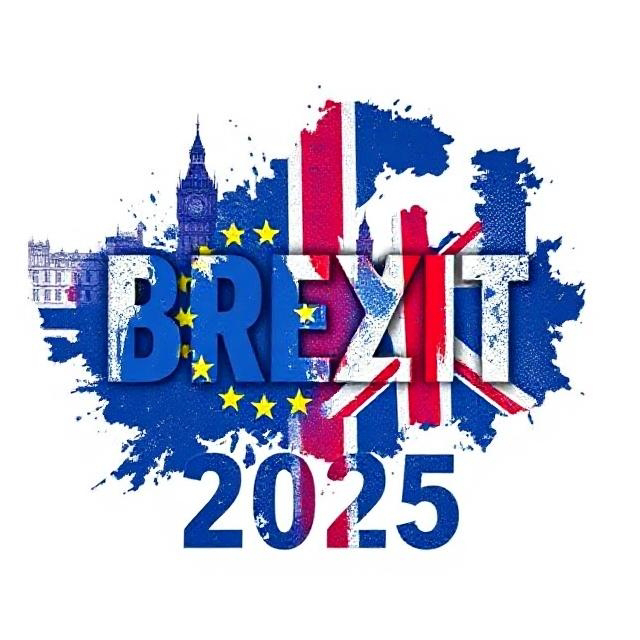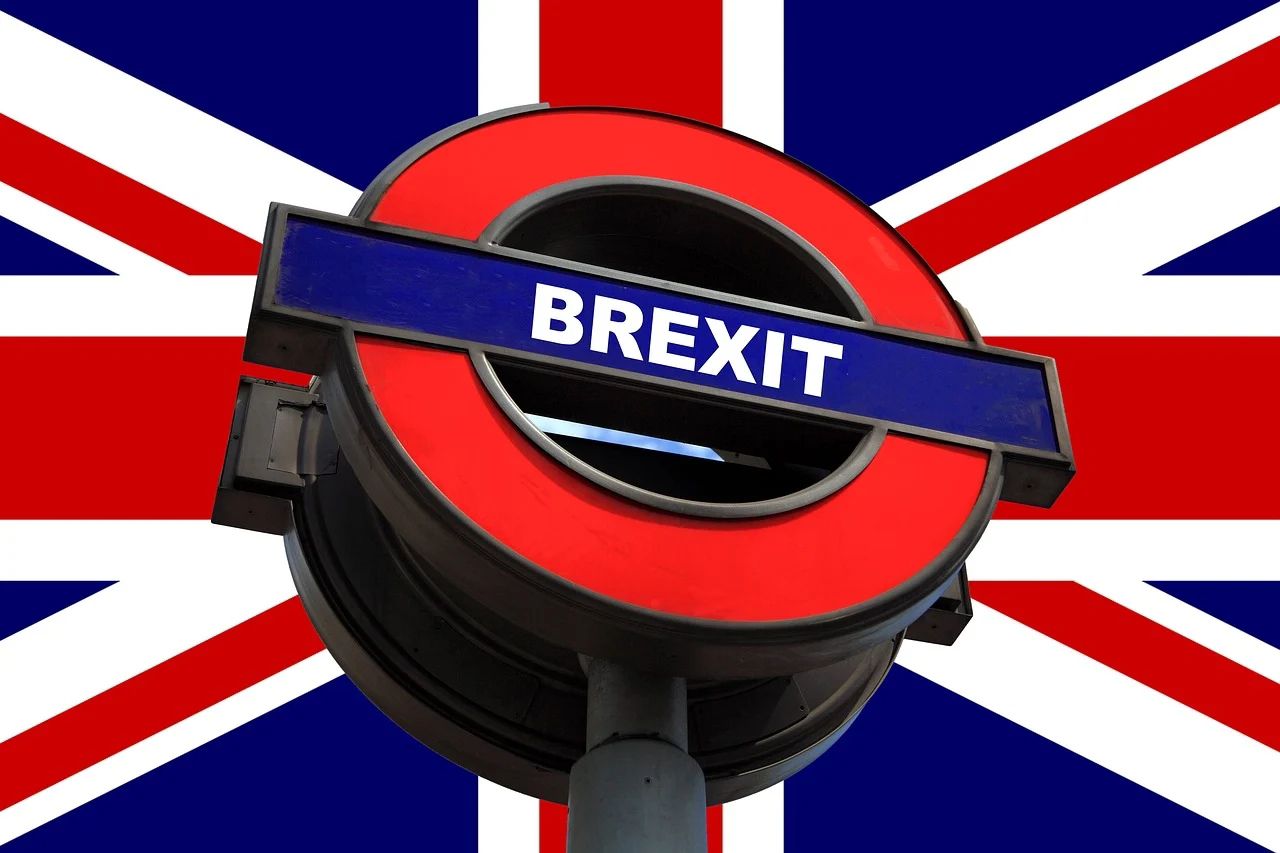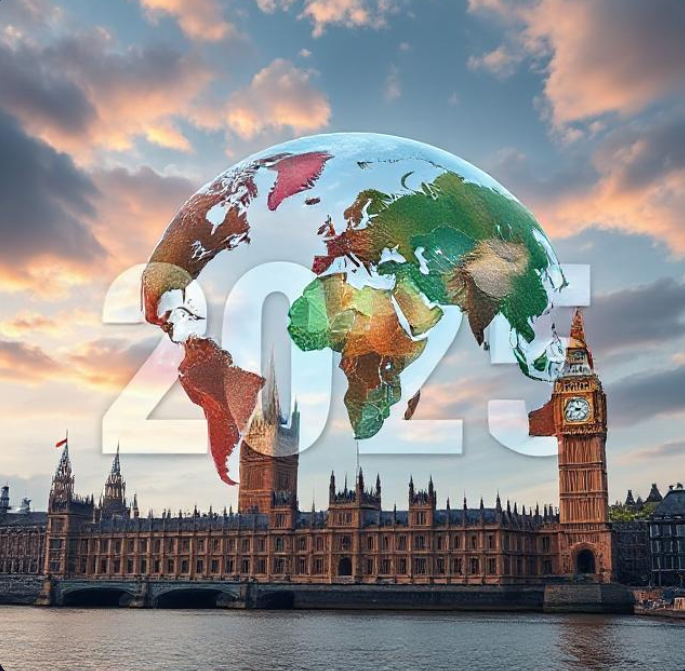2025 UK Post-Brexit : Analyzing the Critical Communication Factors in Society
As the United Kingdom progresses into 2025, the societal landscape continues to be shaped by the profound changes brought about by Brexit. The nation’s departure from the European Union marked a turning point in its political, economic, and social fabric. Central to navigating this new chapter is an understanding of the evolving communication dynamics that influence societal cohesion, national identity, international relations, and Public Trust.
In this context, an examination of the key communication factors shaping post-Brexit Britain reveals a landscape marked by resilience, innovation, and a commitment to inclusive dialogue.
Digital Transformation and Information Ecosystem
The digital revolution has accelerated significantly in the post-Brexit era, transforming how the UK society communicates internally and externally. Digital platforms—ranging from social media to online news portals—serve as primary channels for information dissemination and community engagement. This shift has democratized communication, empowering diverse voices, and enabling rapid dissemination of ideas and opinions.
However, this democratization also presents challenges, notably the proliferation of misinformation and disinformation. The UK’s societal leaders and policymakers recognize the importance of fostering digital literacy, promoting responsible consumption of information, and supporting media outlets committed to accuracy and integrity. Initiatives aimed at enhancing digital skills across all demographics are crucial for ensuring an informed citizenry capable of engaging thoughtfully in societal debates.
Furthermore, digital platforms facilitate government transparency and citizen participation. Digital town halls, online consultations, and social media outreach have become standard tools for engaging the public in policymaking processes. Such practices reinforce the principles of open governance, fostering trust and accountability—cornerstones of a resilient democratic society.
**Media Landscape and Responsible Journalism**
The post-Brexit media environment has become increasingly pluralistic. Traditional outlets coexist with digital-first media, citizen journalism, podcasts, and international news sources. This diversification expands the range of perspectives accessible to the public, promoting a more comprehensive understanding of complex issues.
Nevertheless, the multiplicity of sources underscores the importance of fostering media literacy. Society’s capacity to critically evaluate information is fundamental to safeguarding democratic discourse and social harmony. Educational initiatives and public awareness campaigns emphasize the importance of verifying facts and recognizing bias, thereby promoting responsible journalism and consumption.
The UK’s media strategy also emphasizes fostering a balanced narrative that respects regional identities and multicultural realities. This approach aims to strengthen social cohesion by acknowledging diverse voices and fostering mutual understanding across different communities.
**Cultural Identity and Social Cohesion**
Brexit has prompted a reevaluation of national identity, with many citizens embracing local narratives, regional dialects, and cultural symbols. This shift reflects a desire to preserve heritage while adapting to new realities, fostering a sense of pride and belonging.
Simultaneously, intercultural dialogue has gained prominence, emphasizing inclusivity and mutual respect. Initiatives that promote understanding between different cultural and ethnic groups are vital for maintaining social harmony. The UK’s commitment to multiculturalism and diversity is reflected in policies and community programs designed to celebrate shared values and foster integration.
The evolving social narrative also underscores the importance of empathy in communication. Recognizing the diverse experiences and perspectives within society enhances societal resilience and promotes a united, forward-looking national identity.
**Government Communication and Public Engagement**
The UK government has refined its communication strategies to address the post-Brexit context. Transparency, clarity, and inclusiveness are prioritized in public messaging. Digital engagement tools—such as social media campaigns, virtual town halls, and targeted outreach—aim to rebuild trust and foster a sense of shared purpose.
Effective communication is integral to addressing societal concerns, dispelling misinformation, and explaining complex policy decisions. Moreover, the government’s approach emphasizes listening to diverse voices, especially from marginalized communities, to ensure policies reflect societal needs and aspirations.
In this landscape, public confidence in institutions depends on consistent, honest, and empathetic communication. As such, ongoing efforts to improve governmental transparency and accountability are central to fostering social stability and unity.
**International Relations and Diplomatic Communication**
Post-Brexit international communication strategies are vital to the UK’s global positioning. The nation’s diplomatic messaging emphasizes cooperation, shared interests, and mutual respect with international partners. Clear, consistent communication about trade agreements, diplomatic initiatives, and cultural exchanges fosters positive perceptions and strengthens alliances.
Within society, this international outlook influences educational programs, cultural diplomacy, and tourism initiatives. Promoting a positive image of Britain as a global, inclusive, and innovative nation encourages societal openness to international engagement.
Furthermore, the UK’s diplomatic efforts also focus on communicating its commitment to global issues such as climate change, human rights, and sustainable development. These messages resonate domestically, reinforcing societal values of responsibility and shared global citizenship.
**Educational and Workforce Communication Strategies**
The education sector plays a pivotal role in shaping societal understanding and resilience. Curricula now incorporate post-Brexit economic, social, and diplomatic realities, fostering awareness and adaptability among students.
Workplaces are also central to societal cohesion, with internal communication strategies emphasizing diversity, inclusion, and employee well-being. Companies and public institutions recognize that transparent communication fosters trust, engagement, and productivity, vital for economic recovery and social stability.
Training programs and vocational education are aligned with the new economic landscape, equipping citizens with skills relevant to emerging industries and global markets. This focus supports societal adaptability and individual empowerment in navigating post-Brexit opportunities and challenges.
**Future Outlook and Challenges**
Looking ahead, the UK’s societal communication landscape will continue to evolve amid technological innovations, political developments, and shifting societal values. Challenges include maintaining inclusivity, combating misinformation, and ensuring that communication remains transparent and empathetic.
Opportunities lie in leveraging digital technologies to foster civic participation, promote social cohesion, and enhance public understanding of policy initiatives. Building resilient communication frameworks will be essential to address future crises and sustain societal trust.
In conclusion, the post-Brexit UK’s societal communication factors in 2025 reflect a nation committed to openness, inclusivity, and strategic engagement. By embracing digital transformation, fostering responsible journalism, celebrating cultural diversity, and maintaining transparent governance, Britain is laying a foundation for a cohesive and resilient society that adapts to the complexities of the modern world.
1. Digital platforms have become central to UK society, enabling rapid, diverse, and interactive communication channels.
2. Ensuring media literacy is fundamental to fostering responsible information sharing and safeguarding democratic values.
3. Cultural identity shifts focus on local narratives and intercultural dialogue, promoting social cohesion amidst diversity.
4. The UK government emphasizes transparency and public engagement to rebuild trust and foster societal resilience.
5. Diplomatic messaging underscores cooperation and shared values, strengthening international and domestic perceptions.
6. Education and workplace communication strategies support societal adaptability and inclusion in a changing economic landscape.
================*****************************************================================*******************
Post-Brexit Britain relies on digital innovation and responsible journalism to sustain social cohesion and informed discourse. Emphasizing cultural diversity and inclusive communication builds societal resilience and mutual understanding. As the UK navigates its international role, transparent engagement and adaptive Education are vital for Future stability.












